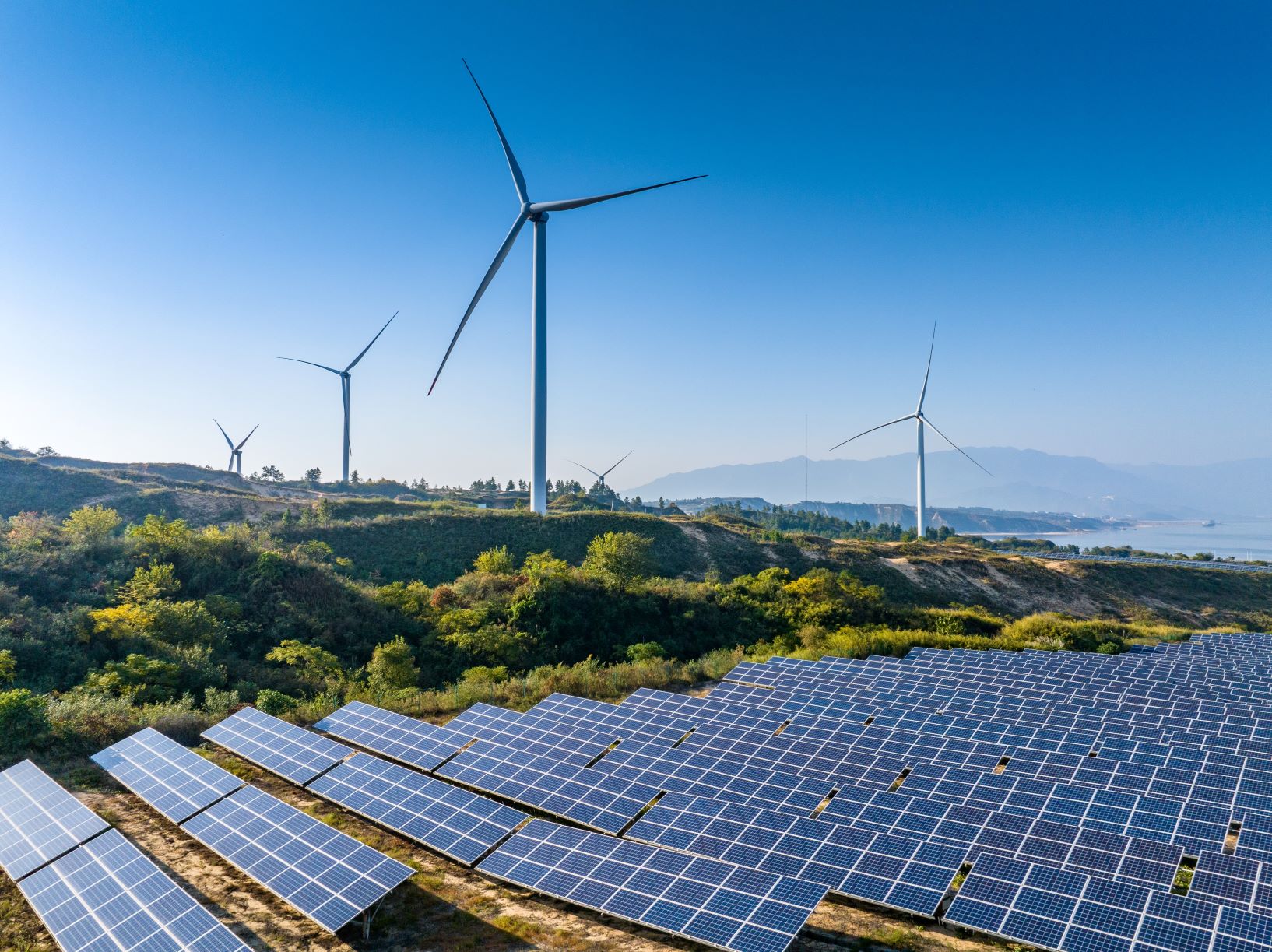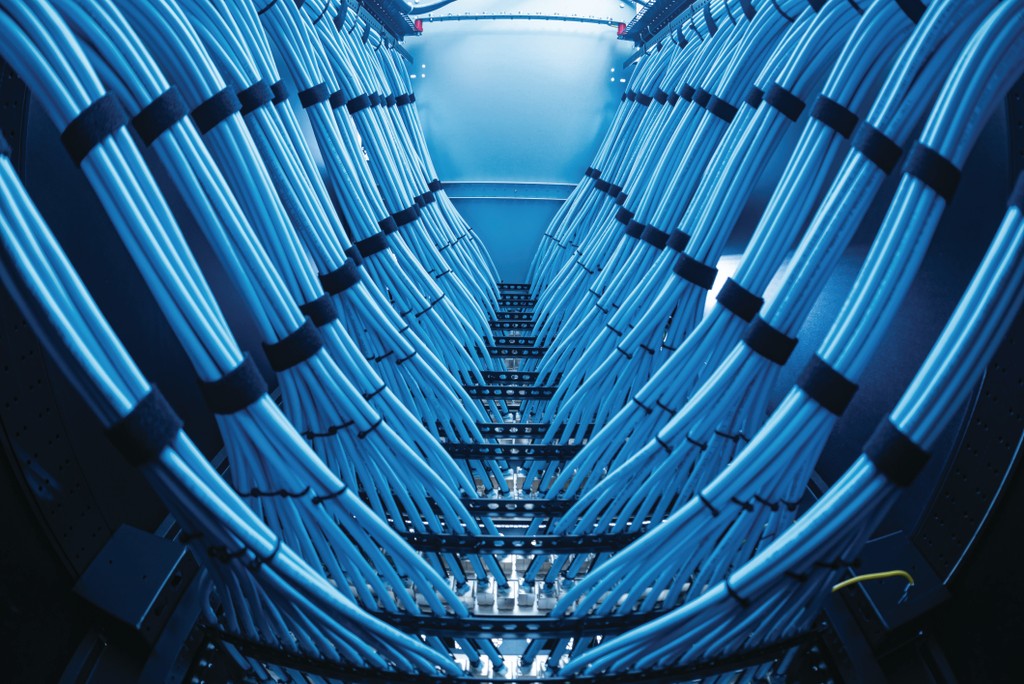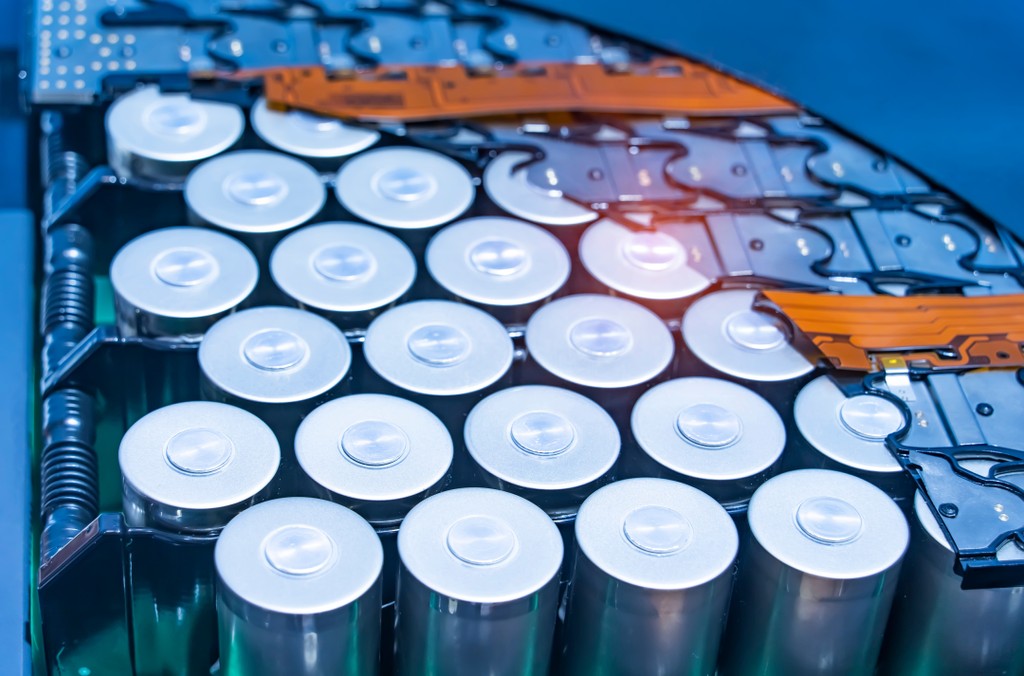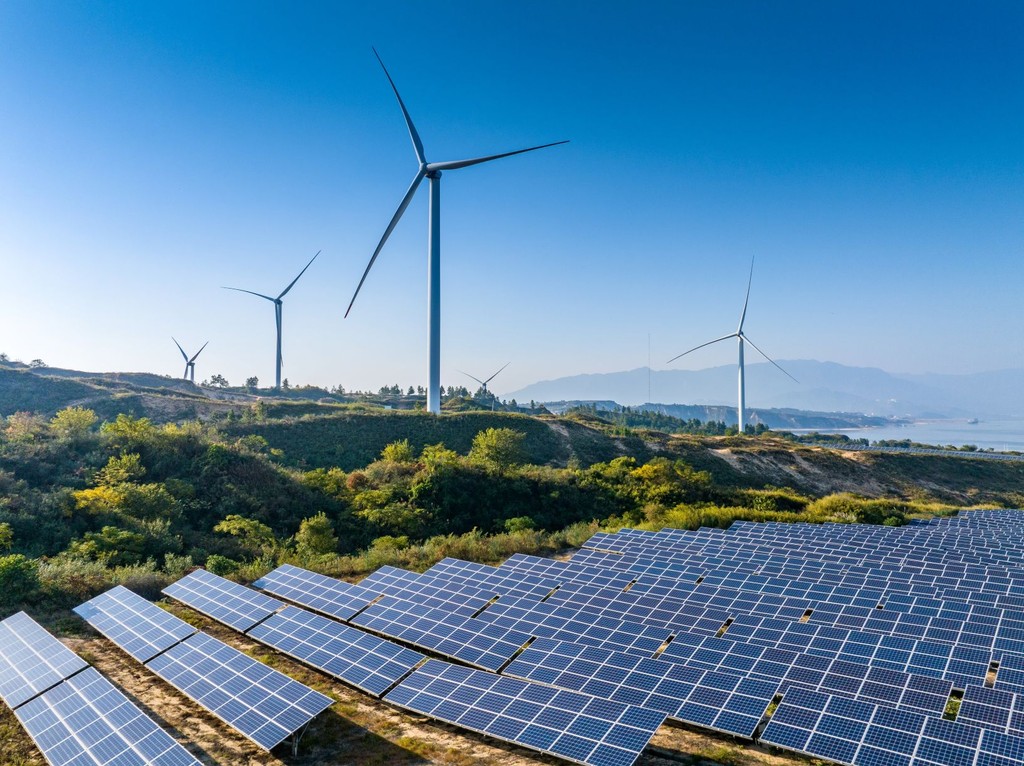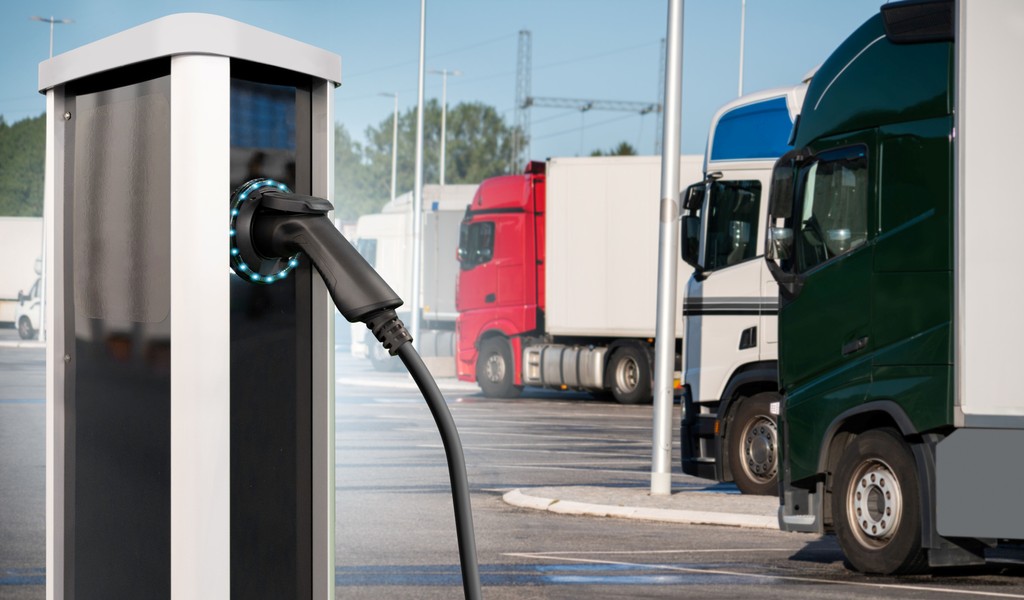By Sunny Park, Bloomberg Summit Deputy Director
Europe’s energy transition is at a pivotal moment, with companies and policymakers under pressure to decarbonize while ensuring energy security, affordability and industrial competitiveness. At the same time, geopolitical tensions are on the rise just as global negotiators gather in Brazil for the COP30 climate conference.
Balancing these priorities – and unlocking required investment – remains a challenge. The BNEF Summit London will bring together leaders from government, business and finance to identify not only the hurdles but also the opportunities on the road to delivering on Europe’s climate ambitions. In addition to BNEF’s core pillars, the Summit will focus on three themes: trade, finance and the Iberian blackout.
Trade
European governments are looking to bolster the region’s competitiveness without jeopardizing its low-carbon transition. High energy prices, supply-chain disruptions, and persistent labor and skill shortages are straining the region’s industrial base. At the same time, global trade wars are exacerbating uncertainties in the market.
This pressure is felt acutely in clean-tech manufacturing. According to recent BNEF research, a quarter of the EU’s exports are destined for the US, which renders the bloc particularly vulnerable to US President Donald Trump’s “reciprocal” tariffs. Negotiations on a final trade deal between Washington and Brussels are still ongoing, and the uncertainty created by Trump’s mercurial negotiating style could prove just as damaging as the tariffs themselves.
Related BNEF podcast:
Reshaping Trade Flows in a Fragmented World
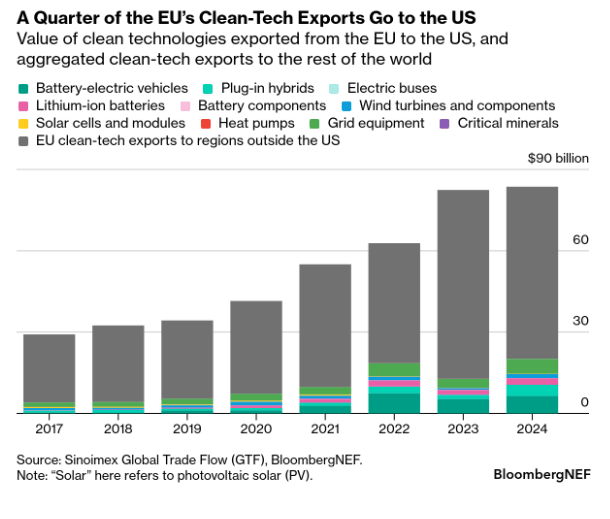
Finance
Investors today face the urgent challenge of turning net-zero pledges into practical outcomes. Yet there remains a yawning gap between real-world investment and climate goals. According to BNEF’s Energy Supply Fund-Enabled Capex Ratio (ESFR), last year, funds enabled just 48 cents of low-carbon energy supply for every dollar spent on fossil fuels. That ratio needs to rise to 4:1 this decade to be on track for net zero.
The investment landscape is also shifting rapidly. The US is reversing climate-aligned finance directives and sustainability disclosure rules, while the EU has proposed easing corporate ESG requirements in the name of competitiveness.
The global financial ecosystem will be critical in enabling flows of capital to the energy transition. Panels and talks such as Weighing the Investment Opportunity: Conventional Versus Clean Energy and BNEF Talk: Letting Balance Sheets Do the Talking will consider how to strengthen these flows even as political headwinds blow.
Related BNEF podcast:
Capex and Investment in the New Industrial Revolution
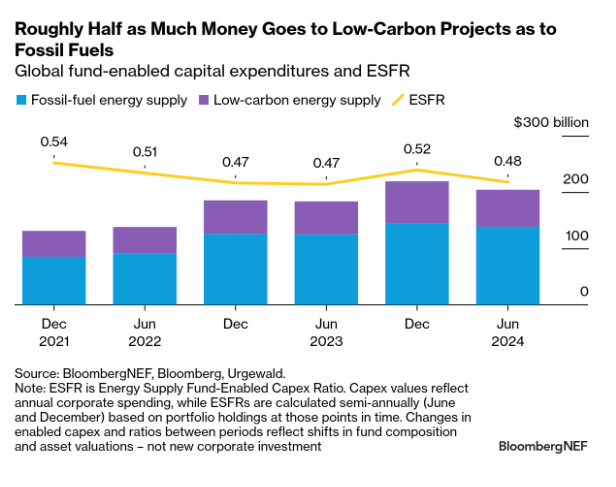
Iberian blackout
Europe is experiencing record levels of renewable deployment, but this boom is also exposing systemic flaws. Negative power prices are becoming more frequent and severe, while curtailment and price cannibalization deepen revenue uncertainty. When a blackout swept the Iberian Peninsula in April, it underscored the urgent need for power-system flexibility and stronger grid stability as Europe’s energy transition accelerates.
The risk revealed by the blackout is not unique to Spain, however. Advanced grid technologies, which could have helped avoid the blackout, and increased grid investment will both be critical components of preparing Europe’s power grid for the future. Summit sessions including The Grid Transformation: Reliability in a Changing System and Fireside Chat: How to Spur Grid Innovation will consider how new technology and approaches can keep the grid resilient as the share of renewables rises.
Related BNEF podcast:
Inside the Blackout That Froze the Iberian Power Grid
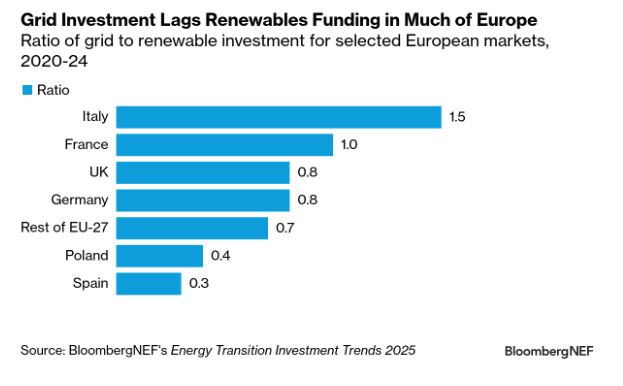
BNEF subscribers can access additional analysis on the topics covered in this article:
Join us in London
The BNEF Summit London on October 14-15 will bring together policymakers, business leaders, investors and innovators to explore the challenges and opportunities ahead. Don’t miss this chance to dive deeper into the energy transition and emerging opportunities across Europe, the Middle East and Africa, share insights with like-minded peers, and help shape a more sustainable energy future.
